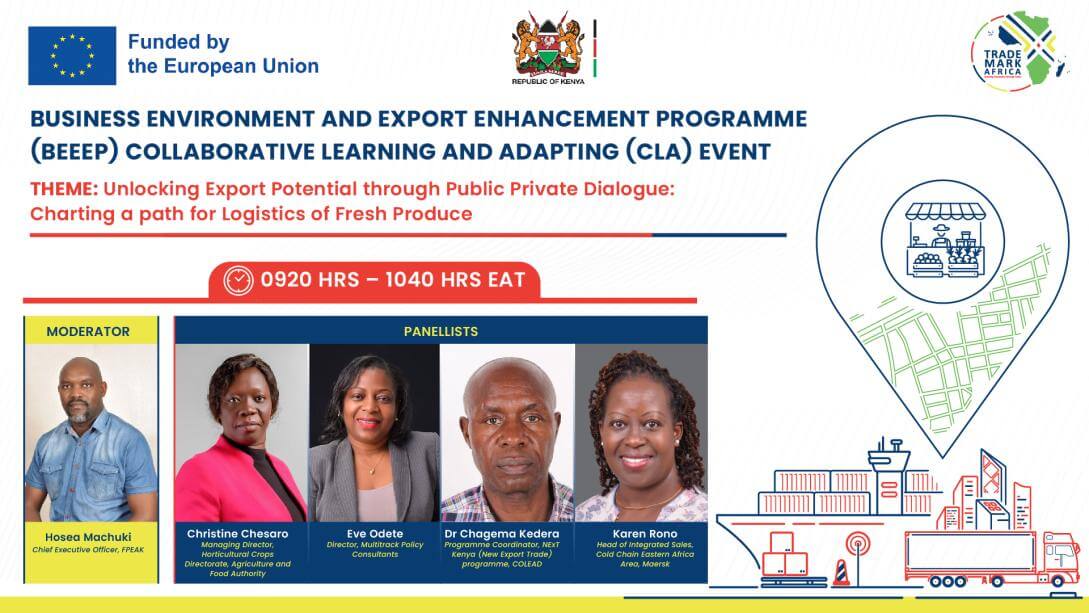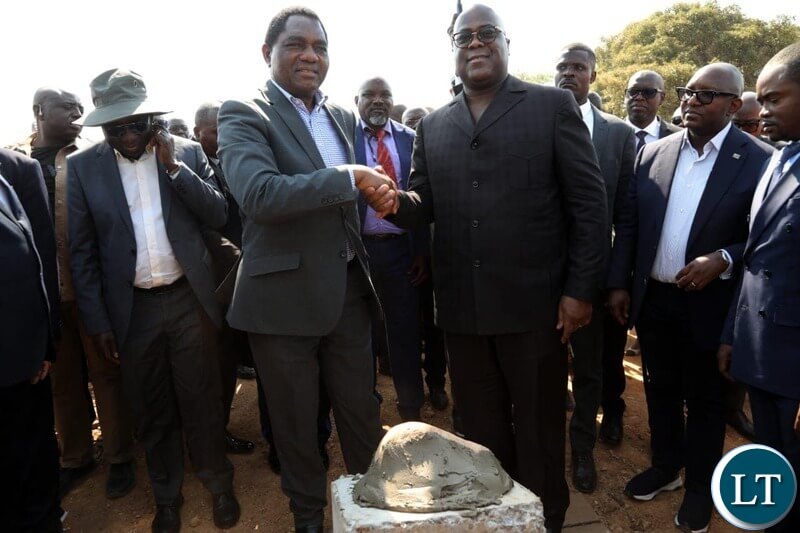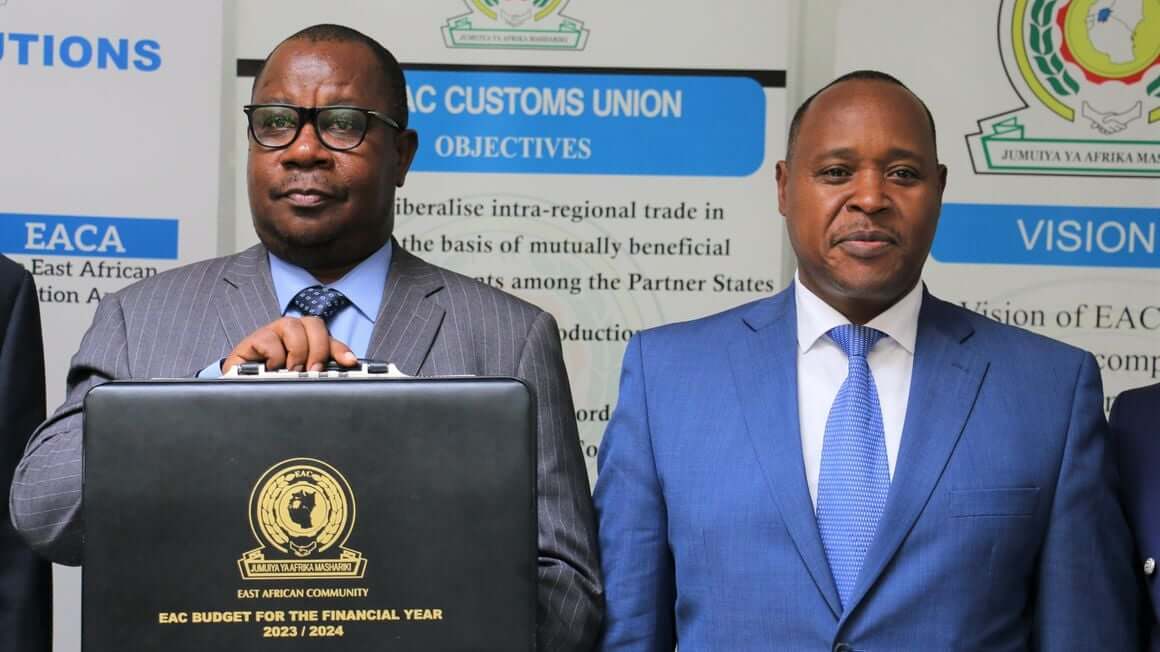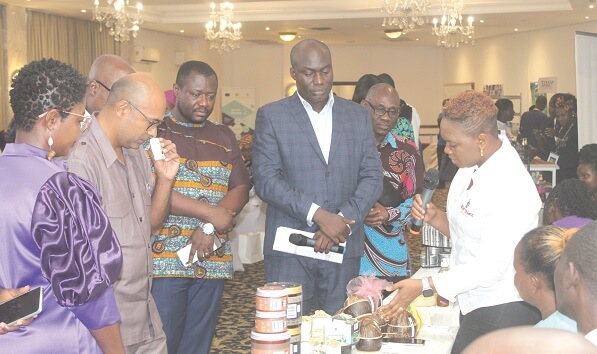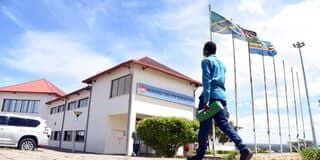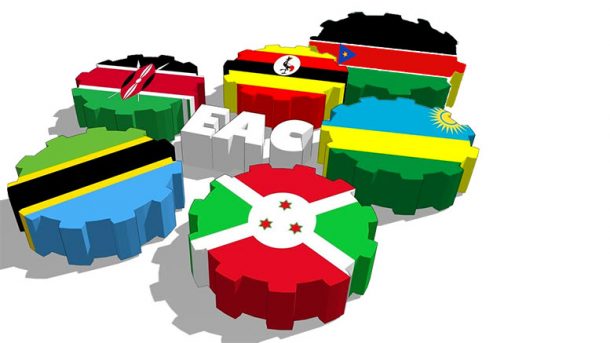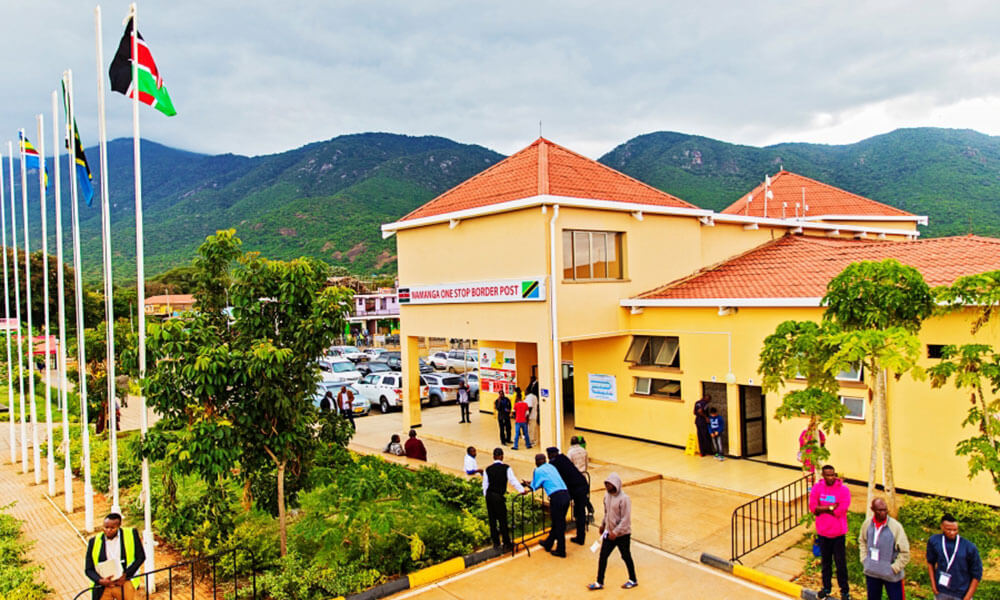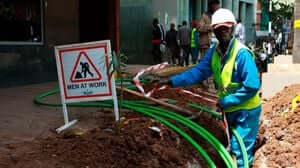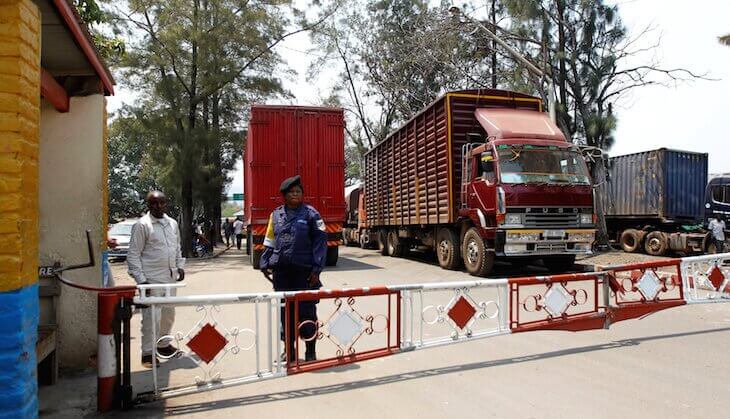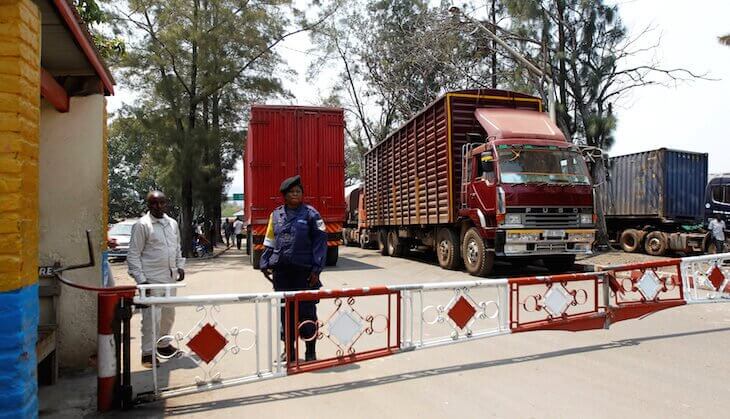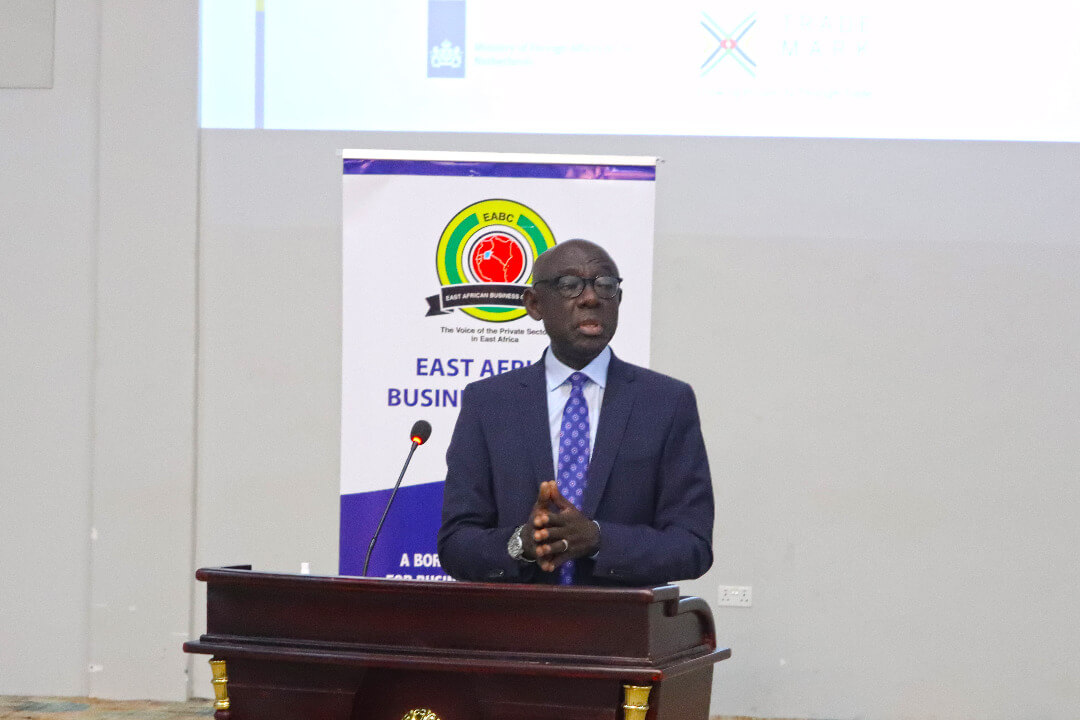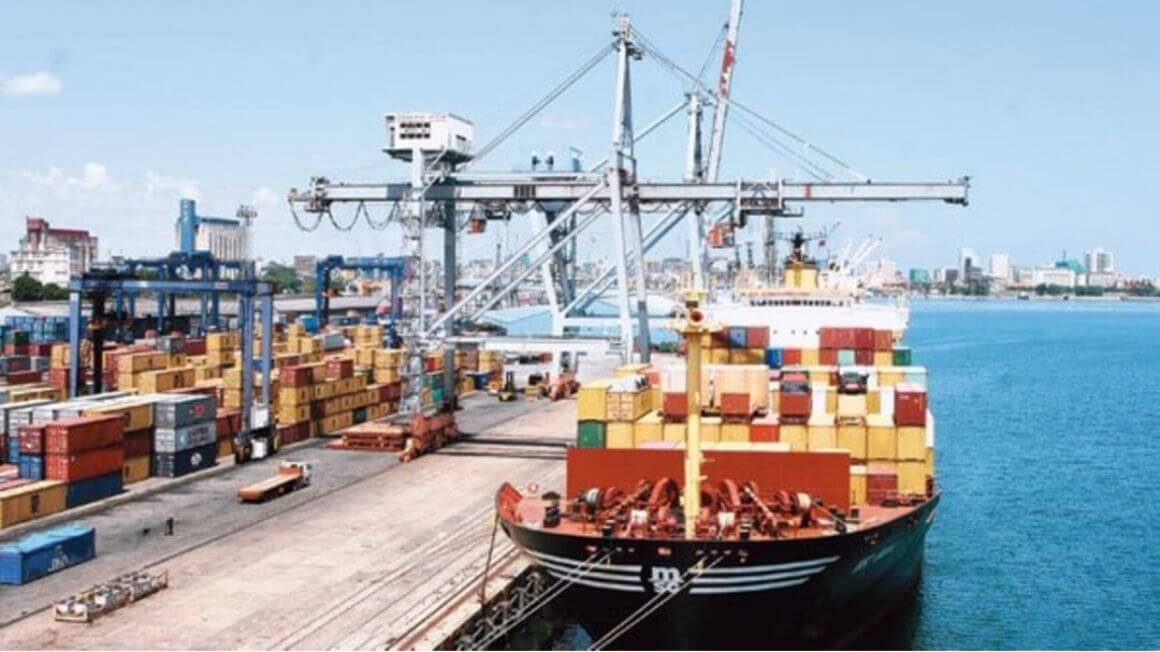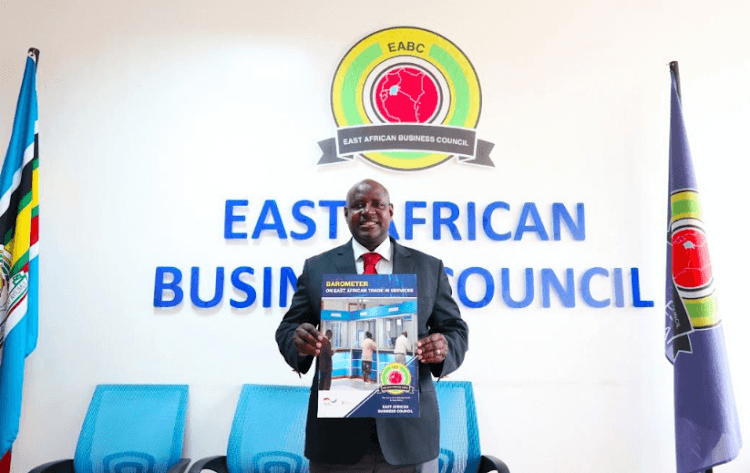Why this project?
International trade is essentially an information-intensive exercise which requires the generation, transmission and storage of this information as a critical success factor for trade. One of the major challenges affecting international trade flows is the exchange of information between trade actors across borders. The lack of an integrated framework for information exchange across borders makes visibility of goods and services on transit practically impossible and hence no individual actor in the trade supply chain can account for what is being traded on with precise accuracy. The information that is exchanged across borders to support the trade supply chain is mainly through third parties, using manual documents that are susceptible to fraud, and many a times, not synchronized with the movement of the respective goods and services. The existing cross border trade information exchange framework is costly, inefficient, and inaccurate and lacks transparency. How the documents are generated and transmitted to/from destination/source markets has created doubts as there have been incidences of fraud and/or loss of documents. The resulting delays in the process has an impact on the durability (since most exports from EAC are agricultural goods) and competitiveness of these goods.
What:
The Trade Logistics Information Pipeline (TLIP) aims to address this challenge by developing and implementing an electronic exchange of trade information across borders. By using ICT and bilateral agreements on information sharing between East Africa and her trading partners, TLIP will aim to create a transparent, efficient and cost-effective way of managing trade information across borders. This will create more trust and visibility in the trade supply chain. The impact of the TLIP once implemented will be to make East African exports more competitive through building efficiencies around information generation, transmission and storage. TLIP will link the East African trading community to the global trade supply chain in a manner that gives the region and its trading partners access to critical information required to make informed decisions well in advance of arrival of the physical goods.
How:
The TLIP system offers an integrated solution for sharing information from source, hence no need to rely on third parties. The primary information of each transaction is generated and transmitted at source and all other participants use this primary information to add value or execute their mandates within and across borders. Across East Africa through the Single Customs Territory, the Customs Administration of 5 countries have already implemented an information sharing arrangement that is based on a regional agreed framework of operations, backed by ICT. The impact of this implementation has been a drastic reduction on compliance requirement and delays associated in cargo clearance in the East Africa. The TLIP is based on a similar framework, with the difference being that it addresses the challenge of imports and exports to and from East Africa in regard to information integrity.
TLIP will create a system where there will be no need of sharing physical documents within and across borders, relying on third party sources and lengthy verification processes applied by authorities.
Studies have shown one of the reason East African goods spend more time in European ports pending clearance is related to documentation – for example, Brazilian Coffee to Europe is cleared faster compared to Ugandan Coffee and the key source of the difference is the documentation process that Ugandan Coffee has to go through compared to other Coffees. Such discrepancies will be addressed by TLIP that will avail real time and reliable information to European authorities and business regarding the content and nature of Coffee exports from Uganda.
The establishment of the TLIP is set to be built on Blockchain technology. Blockchain (also known as distributed ledger) has the following benefits: it is highly secure (original data from the primary source cannot be altered), curbs documentary fraud, offers the opportunity to get data from the primary source, offers improved information traceability among others.
Contact:
Email:
erick.sirali@trademarkea.com



